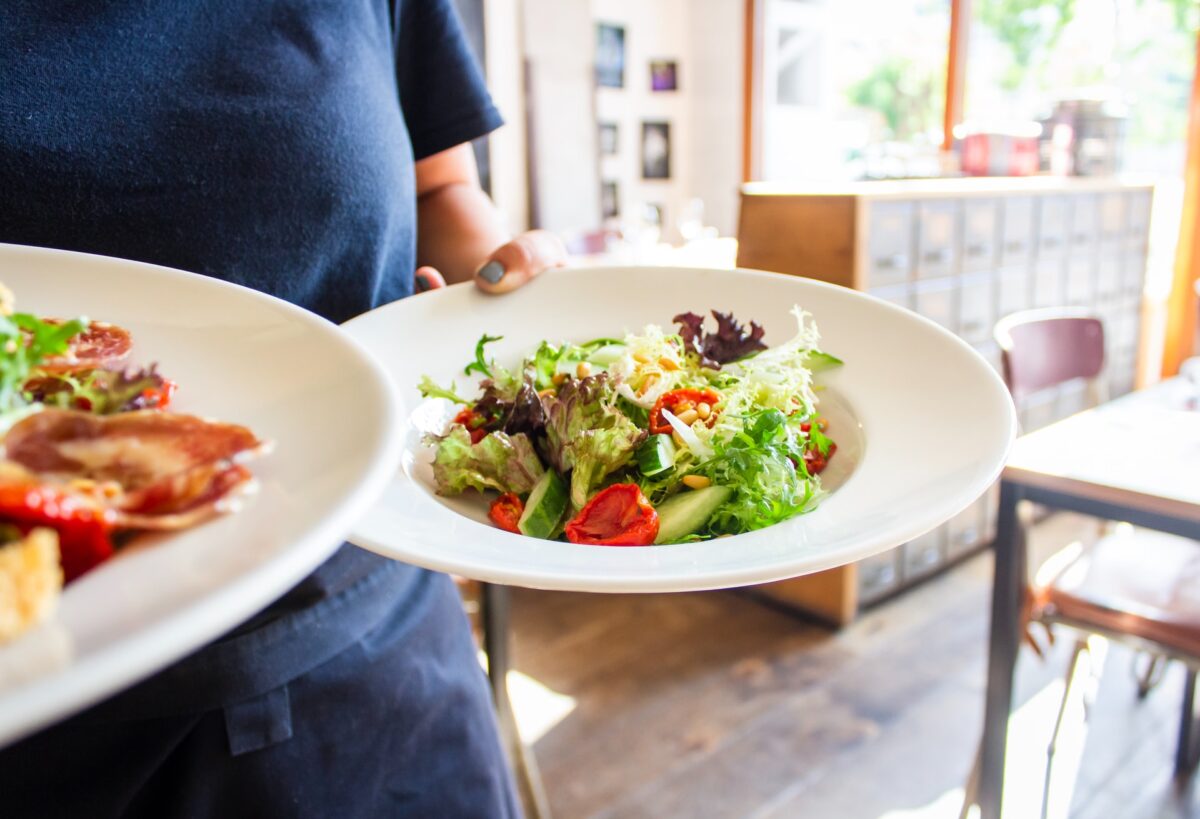7 Tips For A Successful Food Business
Succeeding in the food business is one of the most challenging undertakings in the modern world. With new and innovative business concepts constantly evolving, a few thousand restaurants pop up all over the country every year.
However, most of these ventures face stiff competition and financial pressure–– they end up shutting down within the year. While thriving in the food business is tough, you can take some simple but powerful steps to establish a successful business.
Here are seven tips for the hard-nosed food entrepreneur:
#1 Establish An Online Presence
In today’s increasingly digitized world, creating and maintaining an online presence is vital to your business. Build a website, have a social media presence and introduce new ideas to create a loyal customer following.
Always keep yourself updated with SEO news if you have a website.
Today, most customers will look you up online before visiting you: having a dynamic and attractive online presence makes them more likely to pay a physical visit. Ensure that your food business is active on review websites, popular social media, and local directories.
Especially in the first year of your business, which is when most food ventures go bust, remember to advertise aggressively. Actively spreading the word ensures a steady inflow of new customers.
Taking good care of your customers is the surest way to success––they will be sure to come back for more.
#2 Update Your Menu Regularly

Consumer tastes and preferences today change rapidly and almost invisibly. Keeping up with popular trends and changing preferences will guarantee the timelessness of your business and your products or services. Prioritize safety in your products by ensuring that your food is sealed in cans. The can-producing machines should be manufactured by reliable companies like https://www.levapack.com.
Then design a menu that attracts your target market. Try to master local cuisines if you are looking to sell to tourists. Keep up with pop culture if you want to target a younger demographic.
Making your menu interactive and stylish involves studying statistics and popular trends to come out with products or services that are most likely to succeed.
#3 Gather As Much Data As Humanly Possible
 Analyzing market trends and studying the competitors in your neighborhood, as well as gathering data on the choices and orders of your clients, may help you:
Analyzing market trends and studying the competitors in your neighborhood, as well as gathering data on the choices and orders of your clients, may help you:
- Create more customized products
- Anticipate sales
- Cost-effective marketing of your products
- Formulate effective business strategies
- Gain a competitive edge
Taking the time to know your customers can raise the standards of your product. No matter how unique your business concept is, those who know how to keep their regulars will always be more resilient than those who depend on attracting new customers to stay afloat.
#4 Build A Unique And Personal Brand
You can’t start a successful food business without mastering your food craft. Build your business around your most competitive skill that translates into your unique product. A good head for business or fancy equipment does not compensate for mediocre products.
Build a personal brand that you love and can always stand up for and develop. Select your themes, brand cover, and logo. Your food business needs to use your logo as a tool to drive consumers. Engage in custom pouch packaging for any canned products for better marketing.
#5 Think Of Your Business As A Corporate Entity

Most food entrepreneurs today go into the food business because they are following a passion. However, this enthusiasm alone does not translate into a successful business. Even if you are starting your venture because of your training, you will need to develop the ability to manage, keep the books, hire and fire, and make time-bound decisions.
Be prudent in your purchases–– research the best equipment you can provide, budget everything so you can justify your expenses, and keep educating yourself on new strategies and developments to optimize your tasks.
#6 Know Your Competition
Many small businesses inevitably go out of business because they fail to study their competition. As a result, they end up losing customers to competitors. Knowing your market niche, target customers, and competitors will turn your business into a brand that consumers can trust.
Make sure your business concept has a target market or demographic. Some popular food business concepts you can consider in your venture are:
- Food trucks
- Casual family dining
- Fine dining
- Pop-Up food kiosk
- Fast-food restaurant
- Milkshakes and thick shake parlor (Don’t forget to get customized wholesale glass milk bottle for better advertisement)
Securing a good location and analyzing its potential is best done by studying local competitors. Their general performance and growth rate can give you valuable insights into creating and offering competitive products or services.
#7 Put Together The Dream Management Team

As a business owner, you will most likely have to tackle administrative and proprietary tasks rather than work to produce or serve in core business operations. Prepare for this inevitability by putting together a team that you can trust.
Putting together a reliable management team that you can rely on to deliver is crucial not only because they are the lifeblood of your day-to-day business but also because they are spokespersons of your brand.
Treat your staff well: people work best when they know that their contributions are genuinely valued. Try to offer them objective benefits to show that you are interested in their well-being. Your management team will have surprising insights into the day-to-day workings of your business. Ask them to share their ideas for improvement and try to implement them.
Conclusion
Know why you are stepping into the food business world–– it can keep you grounded and focused.
Once you have established realistic and objective goals for your business, be sure to surround yourself with a team that strengthens and maintains your brand value. The professional relationships you forge with your employees and partners will build your reputation.
Do not overspend in the early stages of your business–– having adequate financial reserves is a must for food business owners–– but invest in high-quality capital equipment. Treat your business as a serious legal entity rather than a manifestation of dreams and passions. Such a stance can help you make rational decisions.


